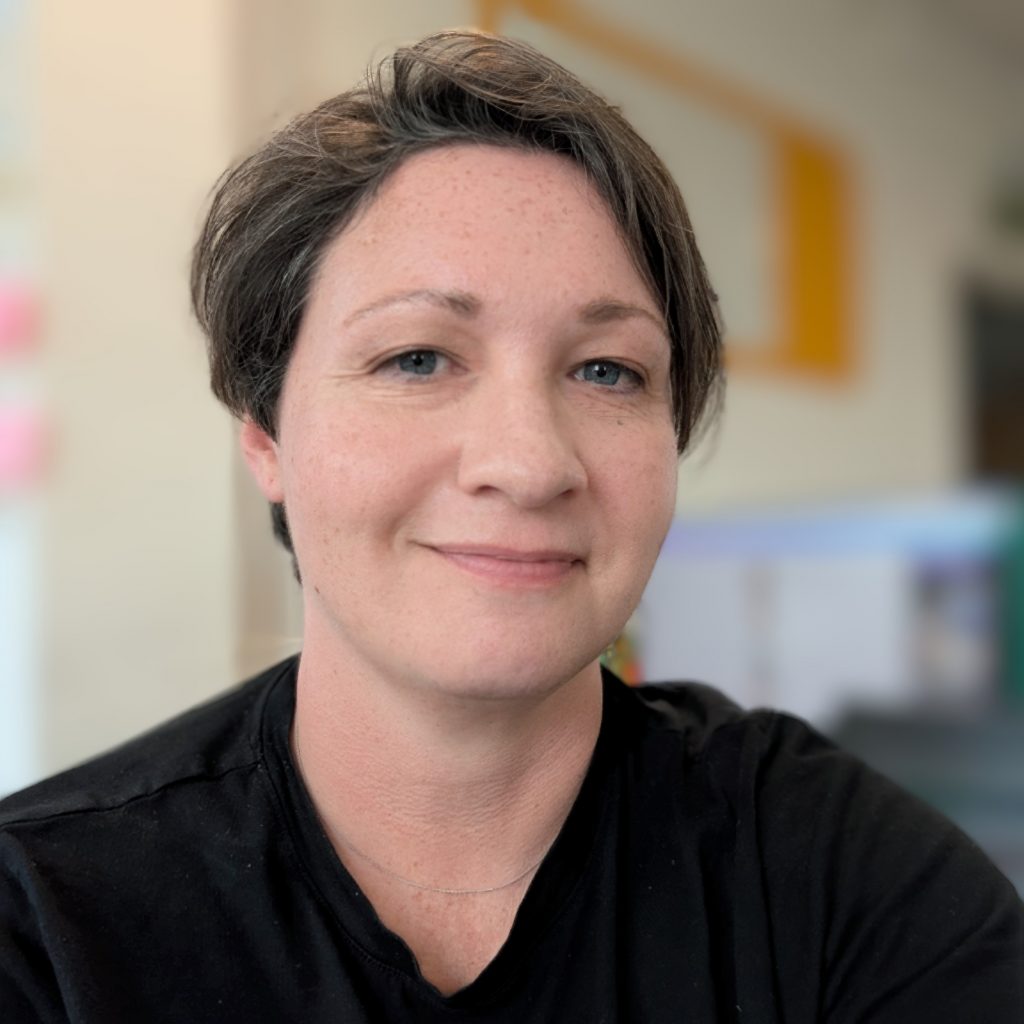Families often develop unspoken roles: the caretaker, the achiever, the peacemaker, the troublemaker – and over time, we unconsciously learn how to “fit in” to those roles. While these patterns can once have helped the family system to function, they can also become limiting or painful as we move into adult life.
In therapy, exploring these early dynamics can help you to understand why you might feel stuck in familiar emotional patterns, and begin to find new ways of relating to yourself and others.
Understanding Family Roles
Family roles are informal scripts we learn growing up – ways of behaving that keep relationships in balance, or at least, avoid conflict. For example, in a family where emotions weren’t openly expressed, one person might take on the role of the “peacekeeper,” trying to hold everyone together. In another, a child might become the “high achiever” in order to win love or approval.
These roles often form without anyone realising. They can even feel like part of your identity: “I’m the responsible one,” “I’m the one who fixes things,” or “I’m the one who causes trouble.”
While such roles may once have protected you, they can become restrictive later on – shaping how you approach relationships, boundaries, and self-worth.
How These Roles Show Up in Adult Life
Many people find that family roles resurface in subtle ways:
- You may find yourself over-functioning in relationships, always trying to help or fix others issues.
- You might struggle to express anger or needs, fearing rejection or disapproval.
- You could feel responsible for keeping the peace, even when it costs your wellbeing.
- Or perhaps you find yourself drawn to familiar dynamics that mirror your family life.
In psychodynamic and relational therapy, we explore these patterns not as something to blame yourself for, but as understandable responses to your early environment.
How Therapy Helps You Understand and Move Beyond Family Roles
Therapy offers a space to notice these patterns as they unfold, both in your life outside therapy, and sometimes within the therapeutic relationship itself. This can be deeply illuminating.
Together, we might explore:
- What role you felt you had to play in your family.
- How that role shaped your sense of self and relationships.
- What it feels like to let go of old patterns and experiment with new ways of being.
Psychodynamic therapy in particular looks beneath the surface, helping you connect your present experiences to early relational patterns. Relational therapy focuses on what’s happening between you and your therapist in the moment, which can provide a living example of how change is possible through safe, supportive connection.
Through this process, you can begin to develop a stronger, more authentic sense of who you are – beyond the role you once had to play.
Therapy for Family Issues in Brighton and Online
If you recognise yourself in these patterns, therapy can help you understand where they came from and how to loosen their hold.

Whether in person in Brighton or online, I offer a reflective, compassionate space where you can explore these family dynamics at your own pace.
If you’d like to learn more about therapy for family issues, or discuss how we could work together, you’re welcome to get in touch to arrange a phone call.
FAQ: Understanding Family Roles and Therapy
What if I don’t remember much about my childhood?
That’s completely okay. Therapy doesn’t depend on remembering everything – often, what matters most is how patterns show up now.
Can therapy help even if my family relationships are fine now?
Yes. These roles often continue internally, even if external relationships have improved. Understanding them can still bring relief and self-awareness.
Is this the same as family therapy?
No. I work one-to-one, focusing on your experience of family relationships. This can complement or be an alternative to family therapy.